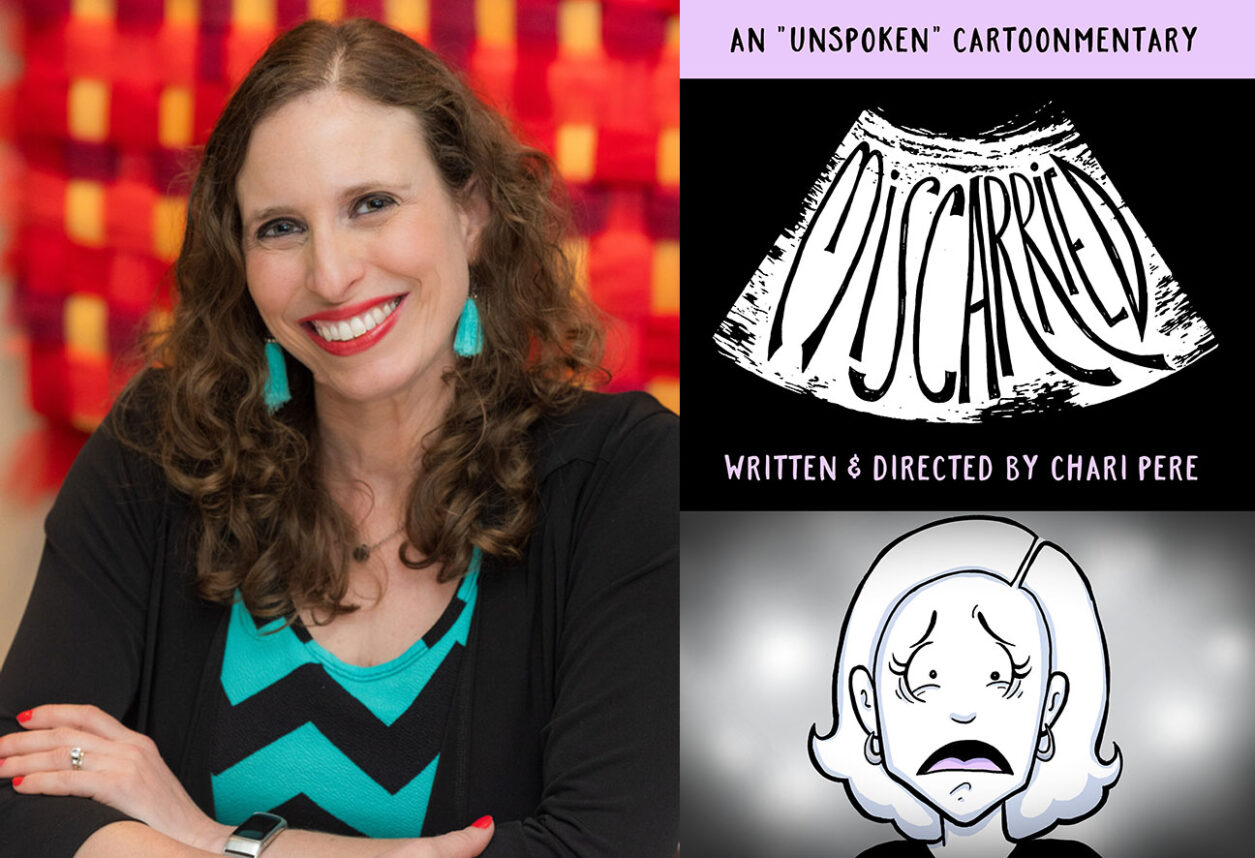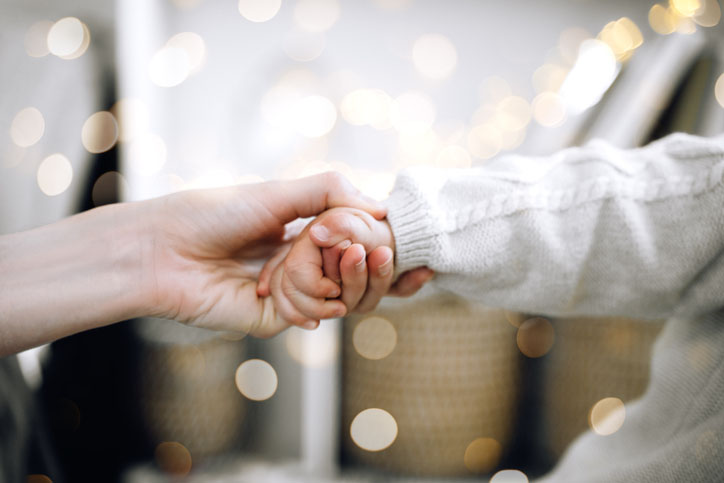Los Angeles has become a melting pot of world Jewry — the local mix includes more than a sprinkling of Sephardim, Ashkenazim, Israelis, Persians and Russians.
The problem is that while these groups share a common religion, they don’t always interact effectively because of cultural differences.
That’s where Vivian Deutsch and Ruth Mastron come in. Veteran consultants in the area of intercultural training for companies, they are the founders of Bridging Jewish Cultures, whose goal is to help the Jews of L.A. communicate with one another.
“We thought the Jewish community here was very diverse, and maybe we could work in the community,” Deutsch said.
So 2 1/2 years ago, the pair established the consulting, coaching and training company for companies, schools and organizations. They do experiential workshops, cultural orientation for Jews moving to or from Israel, give talks on what culture is, and try to find issues that Jews can come together on.
“I came up with answers to tough questions like what is Jewish culture? What can all Jews agree on?” Mastron said. “I wrote a set of values that are identifiably Jewish. We came up with stories where there were misunderstandings. We figure out why people say and do certain things, and how you can build understanding.”
Deutsch worked for a company in Silicon Valley with major operations in Israel, while Mastron has been working at SoCoCo Intercultural , a training firm helping organizations with their intercultural issues, for 21 years. Mastron specialized in French culture and currently teaches adult education at the Osher Institute at CSU San Marcos. She also co-authored “Cultural Detective: Jewish Culture,” an online course on dealing with Jewish-specific situations in offices, organizations and schools.
One issue that pops up a lot is how Israelis and American Jews relate to one another. Deutsch said that many times there are assumptions that because they belong to the same faith, they will get along.
“Anytime Israelis and Americans interact, there are misunderstandings and completely different expectations,” she said. “They have various ways of approaching work. People don’t expect [these differences] because everyone is speaking English, looks the same and is Jewish.”
To work out problems between individuals, Mastron and Deutsch will ask participants to talk about their values, as well as their identities and what cultures they belong to in terms of their backgrounds, geography and genders.
“People don’t normally set out to irritate people from different cultures,” Mastron said. “They’re trying to behave in ways that they learn from their culture are polite and appropriate ways to behave. They’ve been taught that that’s the right way to do it. Unfortunately, someone from another culture may perceive it as not respectful or polite at all.”
One client Bridging Jewish Cultures recently worked with was The Jewish Federation of Greater Los Angeles’ Caring for Jews in Need initiative. Bridging Jewish Cultures created and ran a workshop that could include anyone from a synagogue, receptionist to clergy, providing tools and skills to help those facing certain issues in the Jewish community, said Lori Klein, senior vice president of Caring for Jews in Need.
“There was a cultural 101 where they taught and created a foundation on what culture is. It was a big component of the workshop,” said Miriam Maya, director of Caring for Jews in Need. “There was an opportunity for the participants to get into small groups and talk through some of the issues.”
The meeting was so helpful, Klein said, that one program participant said she was going to replicate elements of it with her staff. “It shows that they got something out of it and have concrete takeaways, as well,” Klein said.
Rabbi Levi Diskin, an assistant rabbi at The Jewish Community Center-Chabad of Beach Cities in Redondo Beach, also has used Bridging Jewish Cultures. He runs Jewish teen education programs at two high schools in Manhattan Beach and Redondo Beach on a weekly basis. The company came in during lunchtime and gave a presentation to the students.
“[Bridging Jewish Cultures] spoke about being able to properly understand what culture is,” Diskin said. “By figuring out what’s going on at the core instead of getting frustrated, angry, or upset, you’re able to see where someone is coming from culturally.”
By going into the Jewish community and sorting out differences, Mastron said that Jews can avoid finger-pointing, blaming and guilt, and increase productivity instead. “We want to make it positive and encourage people to improve their communication. You can collaborate better that way.”
Two corrections were made in this article to the original print story, one regarding the company Vivian Deutsch worked for, and one regarding the role of Bridging Jewish Cultures and a Federation workshop.






















 More news and opinions than at a Shabbat dinner, right in your inbox.
More news and opinions than at a Shabbat dinner, right in your inbox.